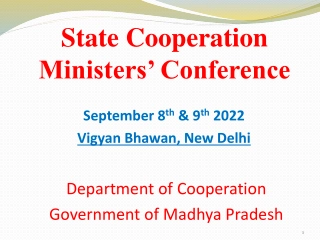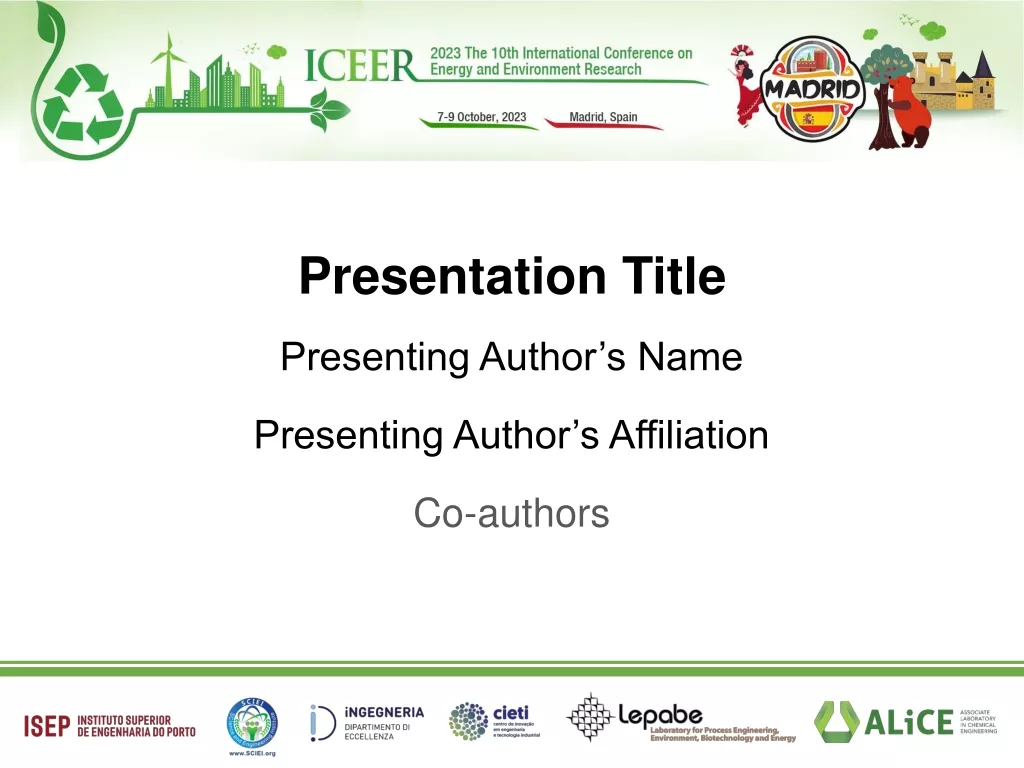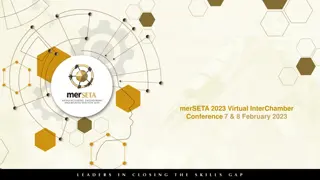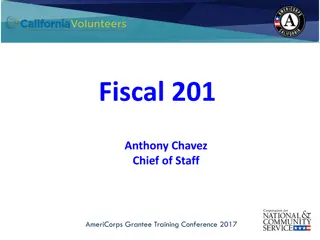
European Social Partners Joint Commitment
"Learn about the joint commitment signed by European social partners in June 2020 at the Tripartite Social Summit. This agreement focuses on implementation and follow-up measures across EU Member States, with a specific overview on national implementation methods in areas such as legislation, collective agreements, policy statements, and guidelines. Explore how countries like Austria have adopted new legislation on home office in alignment with the agreement. Stay informed on the ongoing implementation actions and best practices showcased in the reports."
Download Presentation

Please find below an Image/Link to download the presentation.
The content on the website is provided AS IS for your information and personal use only. It may not be sold, licensed, or shared on other websites without obtaining consent from the author. If you encounter any issues during the download, it is possible that the publisher has removed the file from their server.
You are allowed to download the files provided on this website for personal or commercial use, subject to the condition that they are used lawfully. All files are the property of their respective owners.
The content on the website is provided AS IS for your information and personal use only. It may not be sold, licensed, or shared on other websites without obtaining consent from the author.
E N D
Presentation Transcript
A JOINT COMMITMENT THE IMMEDIATE OUTCOMES Approved by the respective decision-making bodies and officially signed in the context of the Tripartite Social Summit in June 2020 ETUC, BUSINESSEUROPE, SGI Europe and SMEUnited Translated in languages across EU Member States FR, DE, CZ, ES, NL, PL, RO, SK +? 10+
IMPLEMENTATION AND FOLLOW-UP The members of BusinessEurope, SMEunited, SGI Europe and ETUC (and the liaison committee EUROCADRES/CEC) to promote and to implement tools and measures, where necessary at national, sectoral and/or enterprise levels, in accordance with the procedures and practices specific to management and labour in the Member States and in the countries of the European Economic Area. The signatory parties also invite their member organisations in candidate countries to implement this agreement. The implementation of this agreement will be carried out within three years after the date of signature of this agreement. Member organisations will report on the implementation of this agreement to the Social Dialogue Committee. During the first three years after the date of signature of this agreement, the Social Dialogue Committee will prepare and adopt a yearly table summarising the ongoing implementation of the agreement. A full report on the implementation actions taken will be prepared by the Social Dialogue Committee and adopted by the European social partners during the fourth year.
OVERVIEW ON NATIONAL IMPLEMENTATION In line with the provisions set out in the AFA to report yearly on its implementation in the first three years after the date of signing. The second implementation report is finalized and third one is in initial phase of development. 21 Member States have reported on the process of implementing the AFA into their national setting. The second implementation report showcases best practices from several Member States on a wide variety of the key concepts outlined in the AFA as well as through various implementation methods.
IMPLEMENTATION METHODS 1. Legislation 2. Collective agreements 3. Policy statements 4. Guidelines
Legislation: AUSTRIA In 2021, Austria adopted a new legislation on home office , regulating the most important aspects that are also dealt within the framework agreement on digitalisation, including provisions on working time and working conditions such as health and safety. The new provisions are based on negotiations between the Austrian social partners (AK; WK ; GB) and IV and the Government. The law focuses on special home office topics while the general employment law applies further on. There were no difficulties reported, neither from the employers nor from the employees. Until today, both sides are satisfied with the above-mentioned law.
Collective agreement: SPAIN In September 2020, the social partners reached an agreement on right to disconnect and modalities of connecting within the framework of the tripartite social dialogue, which was transferred to a National Labor Law The agreement specifically includes the employer's duty to guarantee disconnection, which entails a limitation on the use of technological means of business communication and work during rest periods, as well as respect for the maximum duration of the working day. In May 2021 an agreement on artificial intelligence was reached between the social partners and the Government to guarantee the labor rights of persons engaged in the provision of services in the field of digital platforms, which has materialized in a new regulation. Reflecting the right of the works council to be informed by the company of the parameters, rules and instructions on which algorithms or artificial intelligence systems are based that have an impact on decision-making that may affect working conditions, access to and maintenance of employment, including profiling.
Collective agreement: DENMARK In October 2017, a tripartite agreement to strengthen the access to upskilling and to improve the quality and flexibility in adult education and training was concluded. The agreement expanded the adult education programmes to include courses in the use of digital technologies and created a financial fund of more than 50 mil EUR. The fund is targeted labour market transition by strengthening the possibilities for employees to participate in job-oriented training and education, either during or outside their working hours. In October 2021, it was agreed to prolong this tripartite agreement for one year. In the tripartite agreement, preparatory adult education was extended with a digital course. The course is a labour market-oriented course for adults who need to develop their digital skills. The tripartite agreement will be re-negotiated later in the spring 2022 after preliminary discussions between the partners.
Collective agreement: LUXEMBOURG Following the work of the Economic and Social Council, the social partners signed the inter-professional agreement on telework on October 20th, 2020. While innovating several aspects of the old agreement, the new agreement maintains the voluntary nature of telework for the employee and the employer, a fundamental point for both trade unions and employers. The new agreement regulates both regular telework and occasional telework and clarifies these notions by setting a threshold to counter the previous legal uncertainty at this level. The Luxembourgish social partners have also negotiated a provision on the right to disconnect, which is foreseen to be integrated into the Luxembourgish Labour code. The respective bill of law has been tabled in the Chamber of deputies on 28th of September 2021 and it repeats what was negotiated between the social partners.
Collective agreement: BELGIUM Collective agreement No. 149 (CCT 149) from January 26th, 2021 addresses recommended or mandatory telework as a consequence of the coronavirus health crisis, was. It establishes rules for connection and disconnection. Concomitant opinion No. 2,195 focuses on the issue of work-related accidents. CCT 149 (as well as Collective agreement No. 85) stipulate that monitoring the results and/or the execution of work should be carried out while respecting the teleworker s privacy and in compliance with the applicable legislation. Article 10 of CCT 149 it refers explicitly to the framework Agreement on Digitalisation regarding communication of teleworkers with the representatives workers and vice versa.
Policy statement: CYPRUS The Social Partners in Cyprus that are members and actively participate to the respective Employer and Workers organizations at the European level have agreed to enter into negotiations for the adoption of a Policy Statement , intended to complement the Framework Agreement. The text of the Framework Agreement has been translated in Greek and the Policy Statement has been drafted. Currently, the two documents are under review by the Social Partner Organizations. The text will be edited accordingly and the aim is to reach consensus regarding its contents. Once finalised, the documents will also be forwarded to non-members of the European Organisations signatories of the Agreement.
Awareness Raising: LATVIA LBAS and LDDK jointly presented the Agreement at the conference Developing Sectoral Collective Negotiations on 09.12.2020; LDDK and LBAS jointly organized international online conference Remote work and social dialogue (13 October 2021) to analyse the labour market development trends affected by the Covid-19 pandemic and the public's readiness for new forms of work organisation. International and national experts discussed telework, virtual platforms, online services and acceleration of digitalisation processes and role of social dialogue in promoting high-quality and meaningful telework.
INTEGRATED PROJECT EU SOCIAL PARTNERS - DIGITAL TOOL (2022-2024) ETUC, BUSINESSEUROPE, SGI Europe and SMEUnited Who? Implementation of European social partners framework agreement through development of digital tool and support videos Raise awareness and promote the agreement more broadly to social partners at different levels, e.g. in sectors and companies. Key on digitalisation objectives
DIGITAL TOOL PROJECT UPCOMING ACTIVITIES Digital Tool online tool to support social partners at different levels to implement the autonomous framework agreement on digitalisation in a partnership approach. repository of examples of existing initiatives, practices and collective agreements to provide inspiration for implementing the agreement and make visible/promote them to a wider Cluster Seminars (up to 4) and Country Visits (up to 4) exchanges between social partners from different countries to raise awareness and improve understanding of employers, workers and their representatives of the opportunities and challenges in the world of work resulting from the digital transformation; to facilitate learning between social partners; and to support national social partners implementing the agreement, where necessary. First Cluster April 2023
Thank you for your attention! Isaline Ossieur Ruairi Fitzgerald Adviser Adviser BusinessEurope ETUC i.ossieur@businesseurope.eu rfitzgerald@ETUC.ORG






















